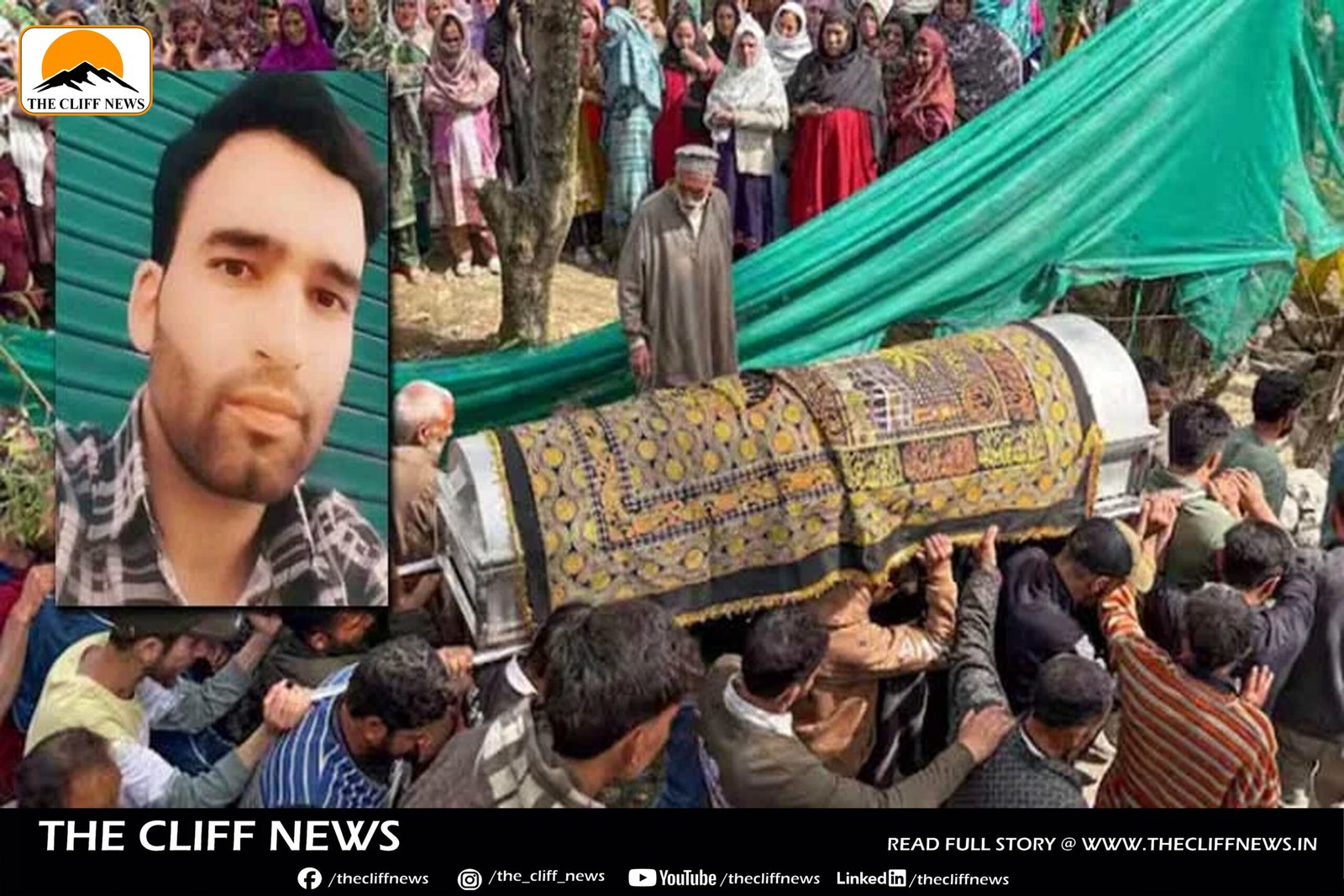In an act of extraordinary bravery, 30-year-old Syed Adil Hussain Shah, a pony operator from Hapatnard village in Anantnag, laid down his life while attempting to protect tourists during a brutal terror attack at the Baisaran meadow in Pahalgam, Jammu and Kashmir.
Locally known as a “ponywallah,” Shah was ferrying tourists on horseback when the attack unfolded. Eyewitnesses and a survivor confirmed that Shah confronted one of the terrorists and attempted to disarm him, showing incredible courage under fire. He was shot three times in the chest and succumbed to his injuries on the spot.
A Community Mourns, A Nation Salutes
His funeral, held in his native village on April 23, saw hundreds of mourners, including Jammu and Kashmir Chief Minister Omar Abdullah, who praised Shah’s courage and offered condolences to his grieving family. Shah was the sole breadwinner of his household, and his death has left a profound void.
“Syed Adil Hussain Shah confronted terrorists to save others. His sacrifice won’t be forgotten,” said the Chief Minister, vowing support for the victims’ families.
India’s Swift Diplomatic Retaliation
In response to the attack, India launched a series of strong diplomatic actions against Pakistan, accusing it of continued support for cross-border terrorism:
- Pakistan’s top diplomat in New Delhi, Saad Ahmad Warraich, was summoned and handed a Persona Non Grata notice for all its military attachés.
- India suspended the Indus Waters Treaty (1960)—a landmark agreement on water sharing between the two countries—for the first time in history.
- The SAARC Visa Exemption Scheme (SVES) has been withdrawn for all Pakistani citizens. Previously issued SVES visas have been revoked, and Pakistani nationals in India under the scheme have 48 hours to leave.
These steps mark a significant escalation in India’s response to terror attacks and underline a growing zero-tolerance stance toward terrorism and its enablers.



